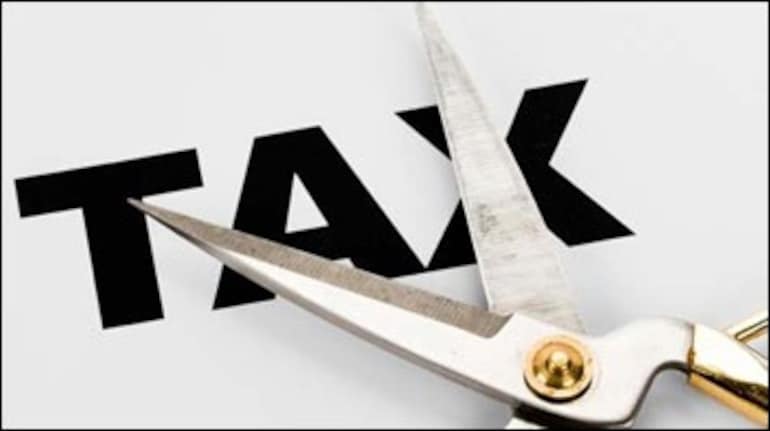
Sarbajeet K SenMoneycontrolHave you delayed your tax planning for the current financial year and are still waiting to invest in specified investments for tax-saving? Or are you still undecided on which instrument to invest to gain dual benefit of tax saving and investment gains?Financial planners and experts seem to be in agreement that Equity Linked Savings Schemes (ELSS) is the best investment option under Section 80C of the Income Tax Act.“ELSS outscores other Section 80C options in terms of liquidity and returns. ELSS has the lowest lock-in period of 3 years among 80C options and has a consistent track record of outperforming instruments such as Public Provident Fund (PPF) and tax-saving bank deposits by a wide margin. Tax-saving bank deposits and unit-linked insurance plans (ULIPs) have a lock-in period of 5 years while PPF has a lock-in period of 15 years” Naveen Kukreja, CEO & Co-founder, Paisabazaar.com told Moneycontrol.Kukreja pointed out that besides lower lock-in and higher returns, dividend income and maturity proceeds of ELSS are entirely tax free.Rishi Mehra, CEO, Wishfin agrees. “The best 80C option is ELSS as the category return on average is 20-24% over a three to five years’ horizon,” Mehra said.He advises the investors should choose their ELSS schemes carefully. “A customer should choose an ELSS scheme that has shown consistent performance. We feel it should be not only by performance, but by customer risk appetite as it is one of the key criterion in selecting a fund.Taxpayers can invest up to Rs 1,50,000 per annum under various instruments specified under Section 80C which includes Employees’ Provident Fund (EPF), Life Insurance, National Savings Certificates, besides ELSS, Ulips, bank deposits and PPF.S Sridharan, Head, Financial Planning, Wealthladder Investment Advisors also suggests ELSS as the best option but also advises considering taking adequate insurance cover through tax-savings investments.“Though there are various investments both on debt and equity is available under Section 80C, it is advisable to invest in ELSS. This is the only instrument available with 3 years lock-in, better tax adjusted return, low cost acquisition. Though it carries risk, the risk can be mitigated on the longer term,” Sridharan told said.He said that taxpayers need to plan out the amount remaining after mandatory EPF contribution. “If the employees having an experience of 2-3 years, then EPF contribution would be around 50,000. So they need to save tax through the balance Rs1 Lakh. They can opt for a term insurance which could cover their life and it could cost around Rs 15,000-20,000 per annum. They should take a life cover of between 10 and 20 times their salary. The balance can be invested in a better performing ELSS mutual funds to have experience in equity market,” he said.
Discover the latest business news, Sensex, and Nifty updates. Obtain Personal Finance insights, tax queries, and expert opinions on Moneycontrol or download the Moneycontrol App to stay updated!